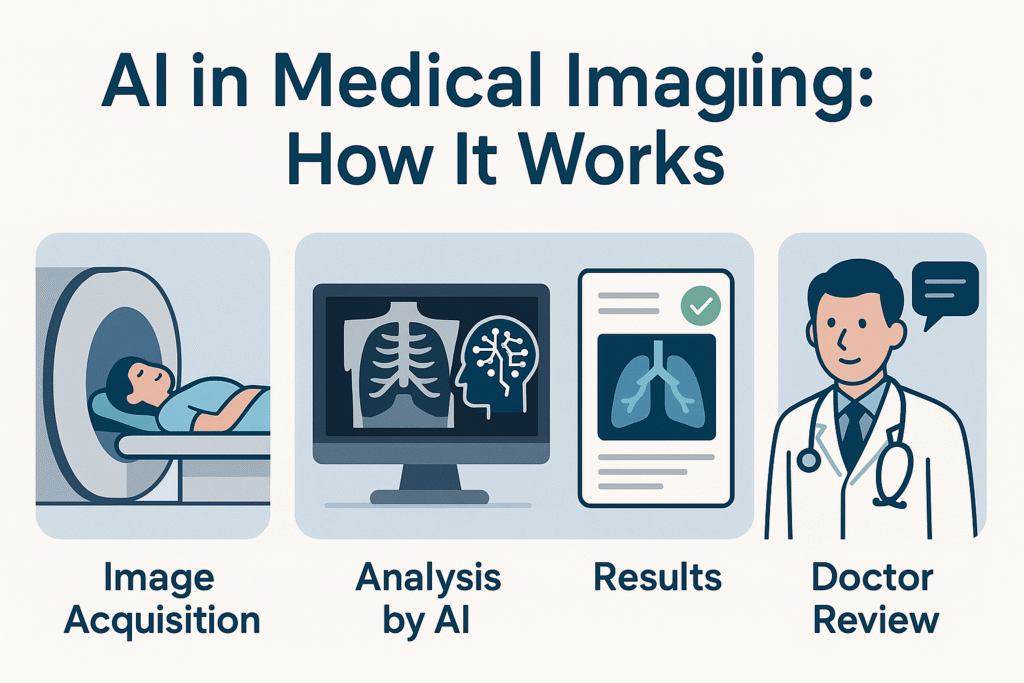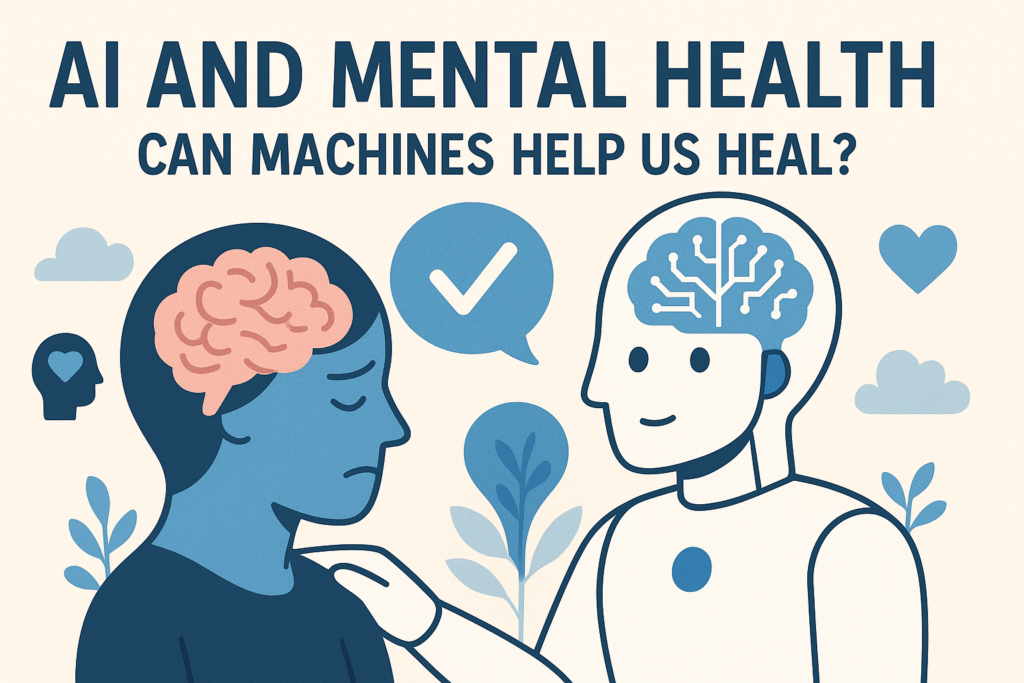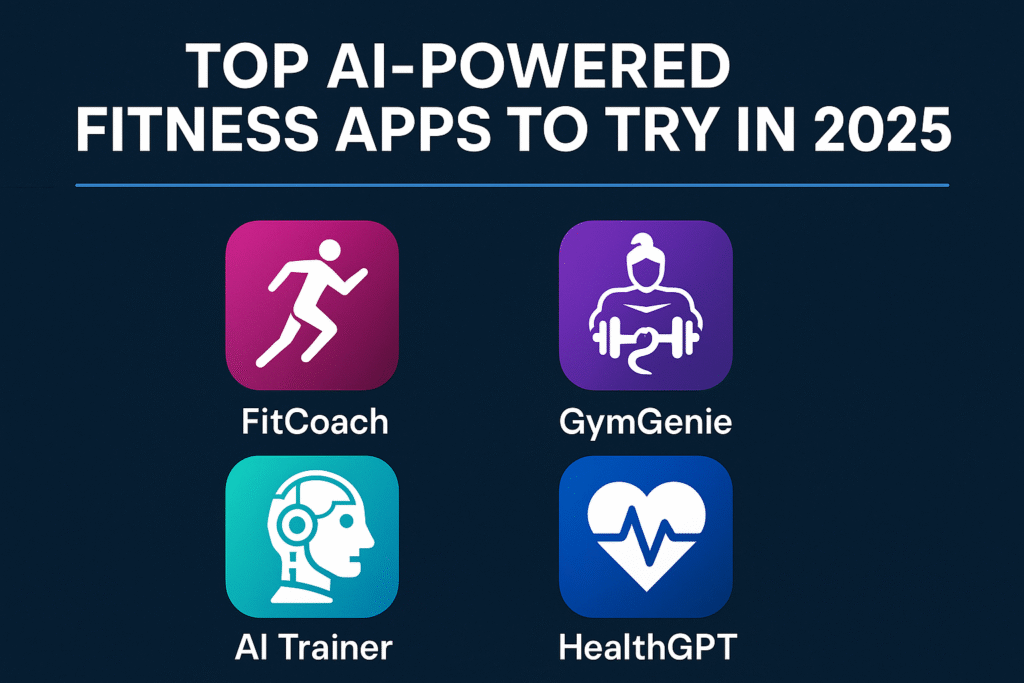🧠 AI in Medical Imaging: How It Works & Why It’s a Game-Changer in 2025
AI in medical imaging is transforming diagnostics with precision, speed, and automation. Learn how it works and the top use cases at AiBlogQuest.com.
🩺 Introduction: AI Is Redefining Medical Imaging
In 2025, radiologists are no longer alone in diagnosing diseases—AI has joined the team. With the power to scan millions of images in seconds and detect patterns invisible to the human eye, AI in medical imaging is reshaping how we diagnose, monitor, and treat diseases.
At AiBlogQuest.com, we explain how AI in medical imaging works, its applications, and why it’s revolutionizing the healthcare industry.
🤖 What Is AI in Medical Imaging?
AI in medical imaging refers to the use of machine learning and deep learning algorithms to analyze medical scans like:
-
X-rays
-
CT scans
-
MRIs
-
Ultrasounds
-
PET scans
These AI systems are trained on large datasets of annotated images, enabling them to identify abnormalities such as:
-
Tumors
-
Fractures
-
Internal bleeding
-
Organ anomalies
⚙️ How AI in Medical Imaging Works: Step-by-Step
1. 📥 Image Acquisition
Standard imaging tools (MRI, X-ray) capture diagnostic scans, which are then uploaded to a cloud-based or local AI system.
2. 🧠 AI Model Training
AI models are trained using thousands of pre-labeled images from diverse patient datasets.
These models learn to:
-
Identify patterns
-
Compare against healthy baselines
-
Detect deviations (e.g., a tumor mass or lung opacity)
3. 🔍 Image Segmentation
The AI breaks down the image into distinct regions—organs, tissues, bones—and focuses on areas of interest.
4. ⚠️ Abnormality Detection
It flags:
-
Cancerous nodules
-
Stroke lesions
-
COVID-19 lung patterns
-
Microfractures
with precision that often matches or exceeds human radiologists.
5. 📊 Predictive Analysis & Reporting
AI then generates a report with:
-
Findings
-
Severity scoring
-
Recommendations (e.g., further tests)
These results are shared with doctors for final diagnosis and decision-making.
🧪 Real-World Use Cases in 2025
🫁 Lung Cancer Detection
AI tools like Google Health’s DeepMind detect lung nodules 1-2 years earlier than traditional scans.
🧠 Stroke Diagnosis
AI platforms like Viz.ai identify ischemic stroke in under 3 minutes, speeding up treatment during the critical “golden hour.”
🧠 Brain Tumor Mapping
Qure.ai uses deep learning to highlight and localize brain lesions on CT/MRI, assisting neurosurgeons in treatment planning.
💔 Cardiovascular Imaging
AI from HeartFlow analyzes coronary CT images to predict blockage severity without invasive angiograms.
📈 Benefits of AI in Medical Imaging
-
🔎 Increased accuracy
-
⏱️ Faster diagnosis
-
👁️ Early disease detection
-
👨⚕️ Reduced radiologist burnout
-
🌍 Accessibility in rural areas
🔗 Useful Links
🌐 Resources
❓ FAQ – AI in Medical Imaging
Q1: Can AI fully replace radiologists?
Not yet. AI supports radiologists by highlighting potential issues, but human oversight is still essential.
Q2: Is AI medical imaging approved for clinical use?
Yes. Multiple AI platforms like IDx-DR, Viz.ai, and Qure.ai have received FDA clearance for diagnostic support.
Q3: How accurate is AI in detecting cancer?
AI tools have achieved accuracy rates of 85–95% in certain cancers, often comparable to expert radiologists.
🏁 Final Thoughts
AI in medical imaging is not the future—it’s the present. With real-time accuracy, speed, and 24/7 availability, it’s reshaping diagnostics, saving lives, and reducing costs.
To stay ahead in healthcare innovation, follow AiBlogQuest.com—your trusted source for cutting-edge AI updates.
🏷️ Tags:
AI in Medical Imaging, Radiology AI, Healthcare AI Tools, AI for Disease Detection, Medical Diagnostics AI, AiBlogQuest



